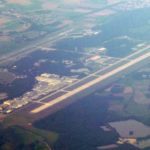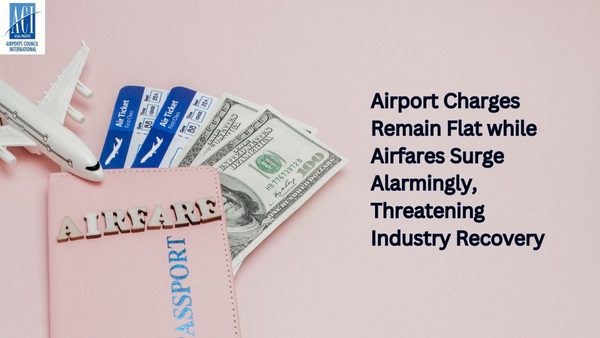 After a year marked by dramatic changes and upheaval in the travel industry due to the global pandemic, a recent study conducted by ACI Asia-Pacific in collaboration with Flare Aviation Consulting has revealed some unsettling trends. This in-depth investigation, which analyzed approximately 36,000 routes across the top ten aviation markets in Asia-Pacific and the Middle East, found an alarming surge in airfares of up to 50% on international routes and under 10% on domestic routes, respectively.
After a year marked by dramatic changes and upheaval in the travel industry due to the global pandemic, a recent study conducted by ACI Asia-Pacific in collaboration with Flare Aviation Consulting has revealed some unsettling trends. This in-depth investigation, which analyzed approximately 36,000 routes across the top ten aviation markets in Asia-Pacific and the Middle East, found an alarming surge in airfares of up to 50% on international routes and under 10% on domestic routes, respectively.
Despite a progressive increase in traffic, domestic airfares in the first quarter of 2023 have continued to rise in several markets, including India, Indonesia, Saudi Arabia, South Korea, and Japan. The pricing situation on international routes saw only marginal decreases, further stunting the industry’s recovery.
Airlines have been quick to capitalize on the existing low competition and pent-up demand to recover losses incurred during the global health crisis. Airports, meanwhile, have strived to provide enhanced services to passengers, despite bearing hefty operational and capital expenditures. This has further underscored the disparity between the profitability of airlines and the strain on airport operators.
ACI Asia-Pacific Director General Stefano Baronci expressed serious concerns about this high-pricing practice, warning that the inflated airfares could reduce demand for air travel and increase the financial burden on the already stressed sector. He added, “Airlines should exercise fair pricing that supports recovery and safeguards consumers’ interests.” He called for governments to consider policies like open skies to stimulate competition and control airfare levels.
Notably, fuel prices and inflation have played a significant role in the airfare increase. Fuel prices saw a steep 76% increase in 2022 compared to 2019, and the Consumer Price Index rose an average of 10% over the same period. Several major international airlines have reported record profits for the 2022 financial year, despite airport operators reporting negative EBITDA margins for ten consecutive quarters.
Despite suffering continuous financial losses and dwindling passenger numbers, Airports have strived to support their airline partners throughout the crisis. They’ve done this by freezing or reducing airport charges, including landing, parking, and passenger fees, even as they’ve made significant capital and technology investments to secure and streamline the airport experience.
Mr Baronci clarified that airport charges, which constitute less than 4% of the airline cost base, have remained stable or decreased in nominal terms in Asia and the Middle East by 4% on international routes and increased only by 3% on domestic routes. The study found no correlation between airport charges and airfares, debunking the notion that increases in airport charges directly impact airfare prices.
Moreover, airlines have benefited from the additional revenue from higher cargo rates during the pandemic. At the same time, airports could not capitalize on the positive cargo trend due to regulated charges. This disparity in revenue generation is another critical factor that should be considered when addressing the current state of the aviation industry.
As the world begins to emerge from the shadow of the pandemic, these findings underline the pressing need for collaboration and strategy realignment within the aviation industry to ensure its robust recovery. Maintaining equilibrium in airfare pricing cannot be overstated as it plays a crucial role in the industry’s long-term sustainability and growth.
Written by: Supaporn Pholrach (Joom)


